In our rapidly advancing technological landscape, where the boundaries between the physical and virtual worlds blur, it becomes imperative to examine the ethical dimensions of our technological choices. These choices are not made in a vacuum but are often deeply intertwined with our religious, political, and social beliefs. This article aims to explore the complex interplay between monotheistic beliefs, politics, and technology, shedding light on the ethical dilemmas that emerge from this intersection.
The Power of Technology in Politics
Technology has become an indelible part of political structures, influencing how governments govern, citizens participate, and nations interact. From surveillance systems to social media platforms, technological advancements have opened new doors for political control and manipulation. However, it is crucial to question the ethical implications of such power in the wrong hands.
One aspect that demands careful consideration is the impact of technology on the privacy and personal freedoms of individuals. Advances in monitoring technologies raise concerns about invasive surveillance, eroding the principles of personal autonomy and freedom of expression. As monotheistic believers, guided by moral imperatives enshrined in our religious teachings, we must question whether the use of technology in this manner aligns with principles of justice and compassion.
Monotheistic Beliefs and Technological Ethics
Monotheistic traditions, such as Christianity, Judaism, and Islam, are grounded in moral principles, demanding ethical conduct in all aspects of life. Within these traditions, the value of human life, privacy, and social justice are upheld as sacred virtues. However, the rise of technology introduces new ethical frontiers that require a reevaluation of these values.
For instance, debates surrounding artificial intelligence (AI) and its potential impact on job displacement bring to the forefront issues of economic justice. As monotheistic believers, we are called to consider how our technological advancements can align with principles of fair distribution of wealth and protecting the dignity of work. The ethical responsibility lies not only with political and technological leaders but also with individuals who consume and benefit from these advancements.
The Ethical Implications of Technology and Religious Messaging
The pervasive nature of technology also influences religious messaging and the dissemination of beliefs. Online platforms provide unparalleled access to religious teachings, enabling believers to engage with their faith-based communities in ways previously unimaginable. However, this accessibility also amplifies the spread of misinformation, hate speech, and extremist ideologies.
The responsibility to navigate this ethical terrain lies not only with technology companies but also with religious leaders and their followers. As monotheistic believers, we must actively engage in shaping our technological spaces, advocating for a responsible use of these platforms that promotes dialogue, understanding, and compassion.
Embracing an Ethical Technological Future
To navigate the ethical dilemmas at the intersection of monotheistic beliefs, politics, and technology, three key steps must be taken. Firstly, a robust discussion between religious and political leaders is necessary to interrogate the moral implications of technological advancements and establish guidelines for responsible use.
Secondly, individuals need to critically evaluate their consumption choices and engage in responsible technological practices. This entails becoming informed citizens who question the motivations behind technological innovations and support initiatives that align with their ethical values.
Lastly, fostering interdisciplinary collaborations between theologians, ethicists, policymakers, and technologists is vital. By bringing these diverse perspectives together, we can develop frameworks that proactively address the ethical concerns that arise from the rapid pace of technological advancement.
In conclusion, the intertwining of monotheistic beliefs, politics, and technology creates a rich tapestry of ethical dilemmas that require our attention. As believers, it is our duty to confront these dilemmas and advocate for a future where technology aligns with our moral imperatives. By engaging in thought-provoking discussions and reflecting on the societal impact of technology, we can collectively shape a more just, compassionate, and ethically conscious technological landscape.
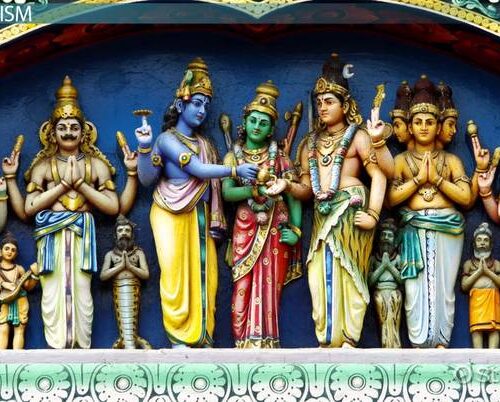
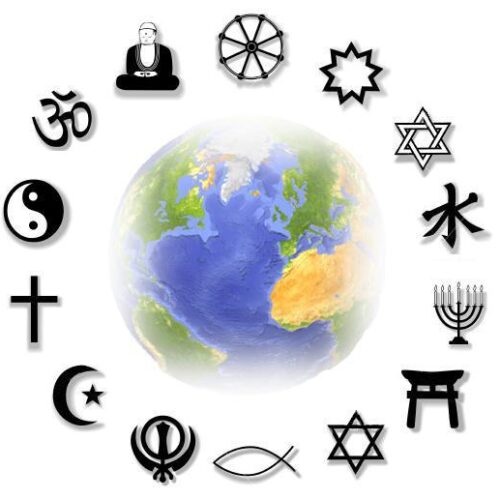
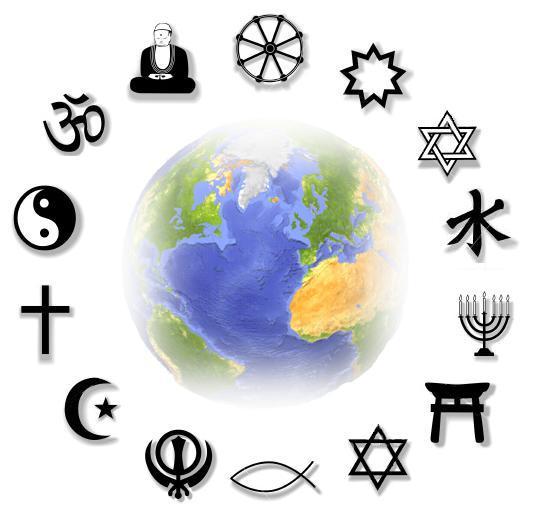 Religion has long been a potent force shaping the trajectory of societies and their governance. In contemporary times,
Religion has long been a potent force shaping the trajectory of societies and their governance. In contemporary times, 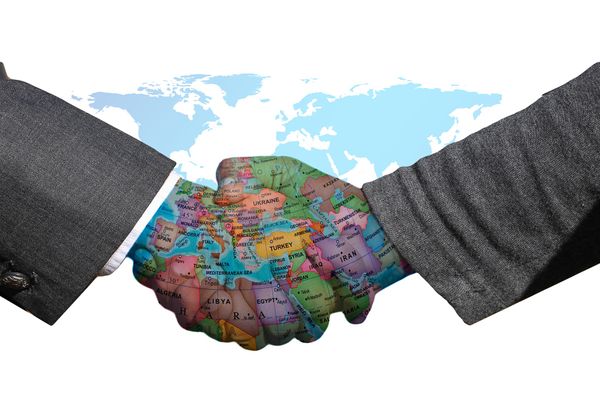 Global Diplomacy and Conflict Resolution
Global Diplomacy and Conflict Resolution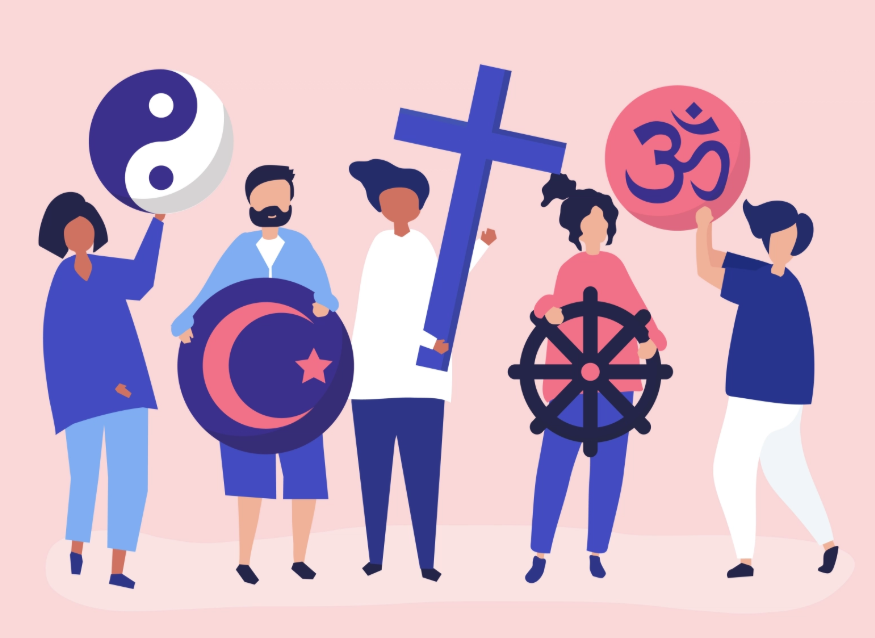 Secularism and Religious Freedom
Secularism and Religious Freedom